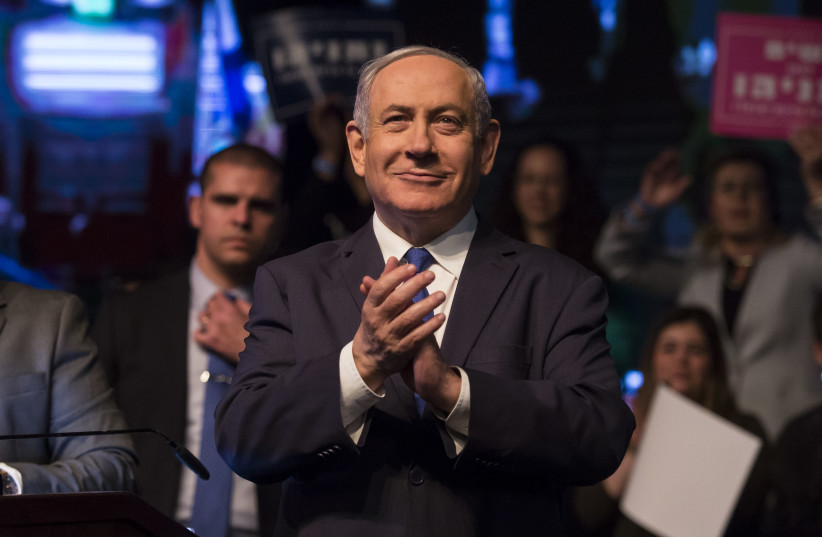It’s time to get serious.
With the November 1 election now just 34 days away, it is time for the Knesset and prime ministerial candidates, the political parties and the media to approach the upcoming balloting with the gravitas that it deserves.
And this election deserves to be treated with gravitas, because if it is as inconclusive as the previous four, then the consequences could be dire.
As Ronen Bar, the Shin Bet (Israel Security Agency) director, said earlier this month, Israel’s political instability is no laughing matter and could have far-reaching security and strategic ramifications.
“From the intelligence that we read, and the interrogations with attackers that we see, and many years of knowledge of our enemies wherever they are, it is possible to say today without any doubt: The political instability, the growing internal division, the breaking up of the historical common denominators and the radicalized discourse – all these are a shot of encouragement to the countries of the axis of evil, to terrorist organizations and to lone attackers,” he said.

The world is watching what is going on here. The country’s divisions and its failure to form a stable government since 2019 are bare and out there for all to see. And that is not a picture that Israel wants to advertise; it is not a picture that Israel wants to present to its adversaries.
Israel needs to project power, decisiveness and solidarity. It cannot afford to project a picture of a country that simply cannot get its act together.
Because the conclusion that Israel’s enemies may be drawing is that if Israel can’t get its act together enough to put together a government, then can it really get its act together to take action against Iran’s nuclear program when or if that moment ever arises?
Can it get its act together to face off against Hezbollah if the terrorist organization’s leader, Hassan Nasrallah, decides the time is ripe to test Israel and launch thousands of rockets at Haifa and Tel Aviv? Can it get its act together to deal with a completely new, complex and more violent reality that is likely to emerge in the West Bank the day after Palestinian Authority President Mahmoud Abbas is gone?
“The prevailing feeling among our adversaries is that our historic comparative advantage, the one that helped us for thousands of years – our national resilience – is dissipating,” Bar added.
“This insight should disturb us more than anything else.”
Shin Bet Director Ronen Bar
It should disturb us and also infuse the campaign with seriousness and urgency that has previously been lacking. The issues facing the country are weighty and significant and need to be earnestly addressed by the candidates.
How are issues being dealt with?
For instance, given the continued stalemate that the polls are predicting, what creative ideas do the parties have to put together a government coalition? What will be done to bring down the runaway cost of housing? What about that two-state solution that Prime Minister Yair Lapid talked about last week at the United Nations?
These issues need to be dealt with thoughtfully – and not merely by throwing out empty slogans that don’t respect the public’s intelligence and that shows the degree to which the parties are not taking the election seriously.
An example of this is when former prime minister Benjamin Netanyahu blasts Lapid’s declaration of support at the UN for a two-state solution, ignoring that he himself has repeatedly said pretty much the same thing about the two-state solution over the last decade, including as recently as 2020 when accepting the Trump “Plan of the Century.”
Not respecting the public’s intelligence is when one side of the political fault line accuses the other of inciting and causing rifts and divisions, when the rhetoric they use is often just as toxic.
The stakes of this election are too important for all the actors involved to just fall back on the personal attacks and sloganeering of the four previous campaigns. The country needs an issue-oriented debate about how to get out of the current political logjam, where it wants to go and how to get there. So far, such a debate has been absent, which is why – with one month left – it’s time to get serious.
